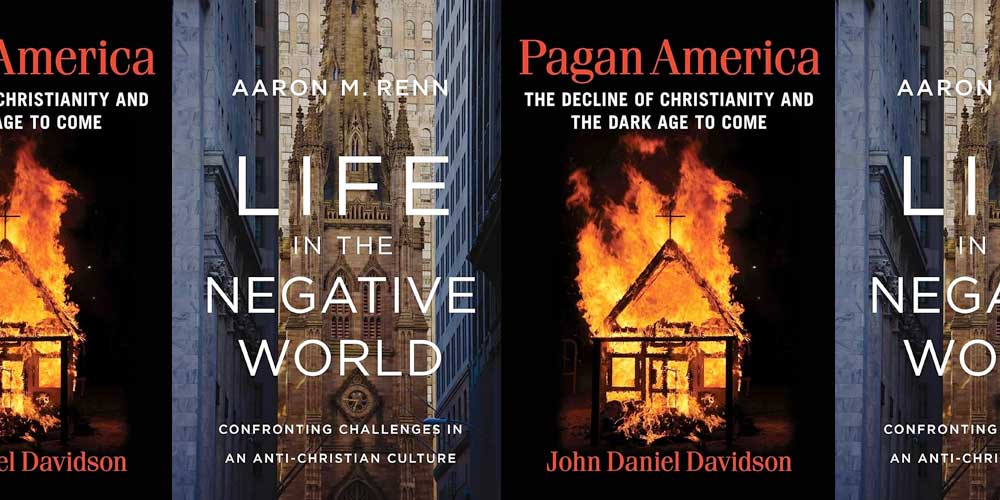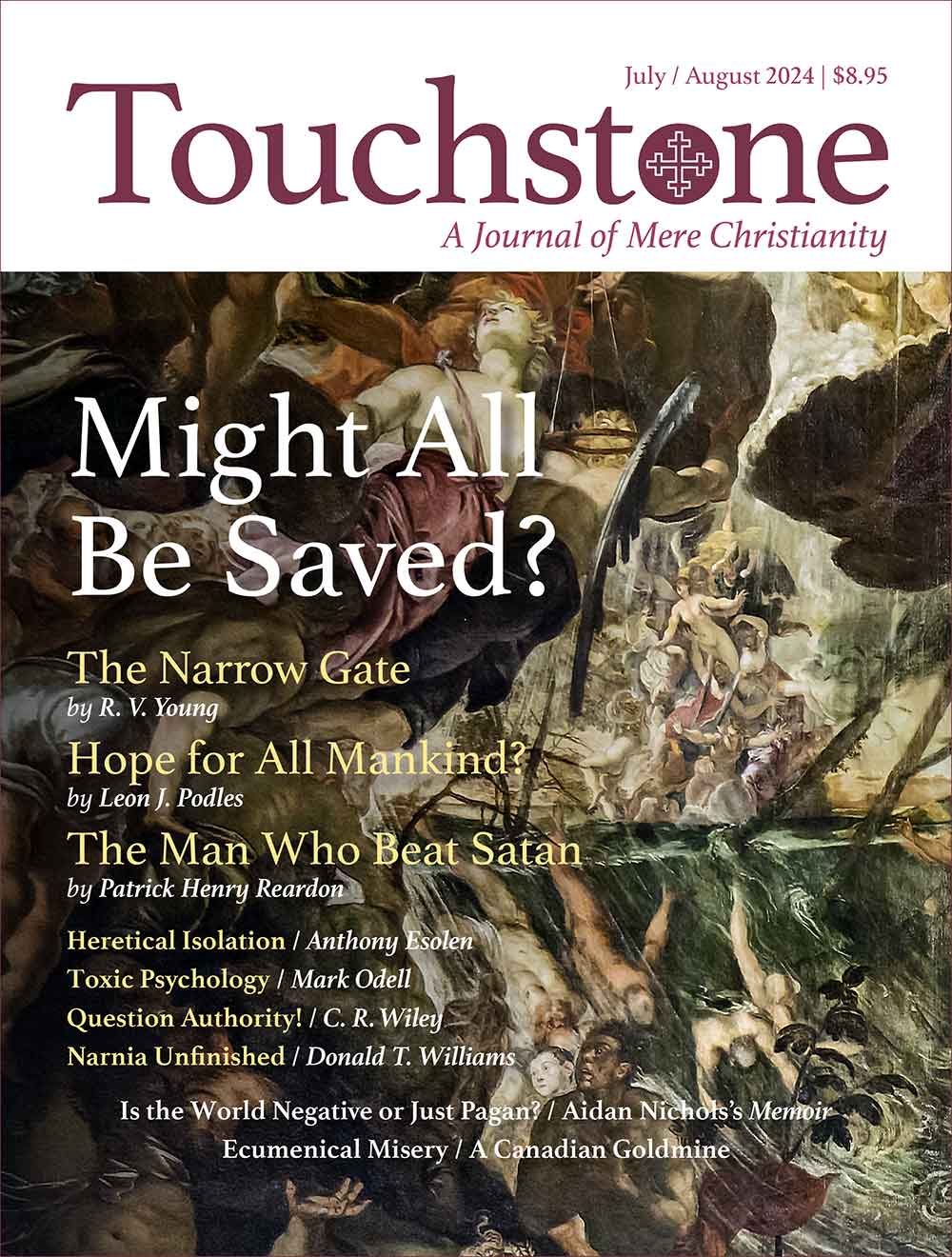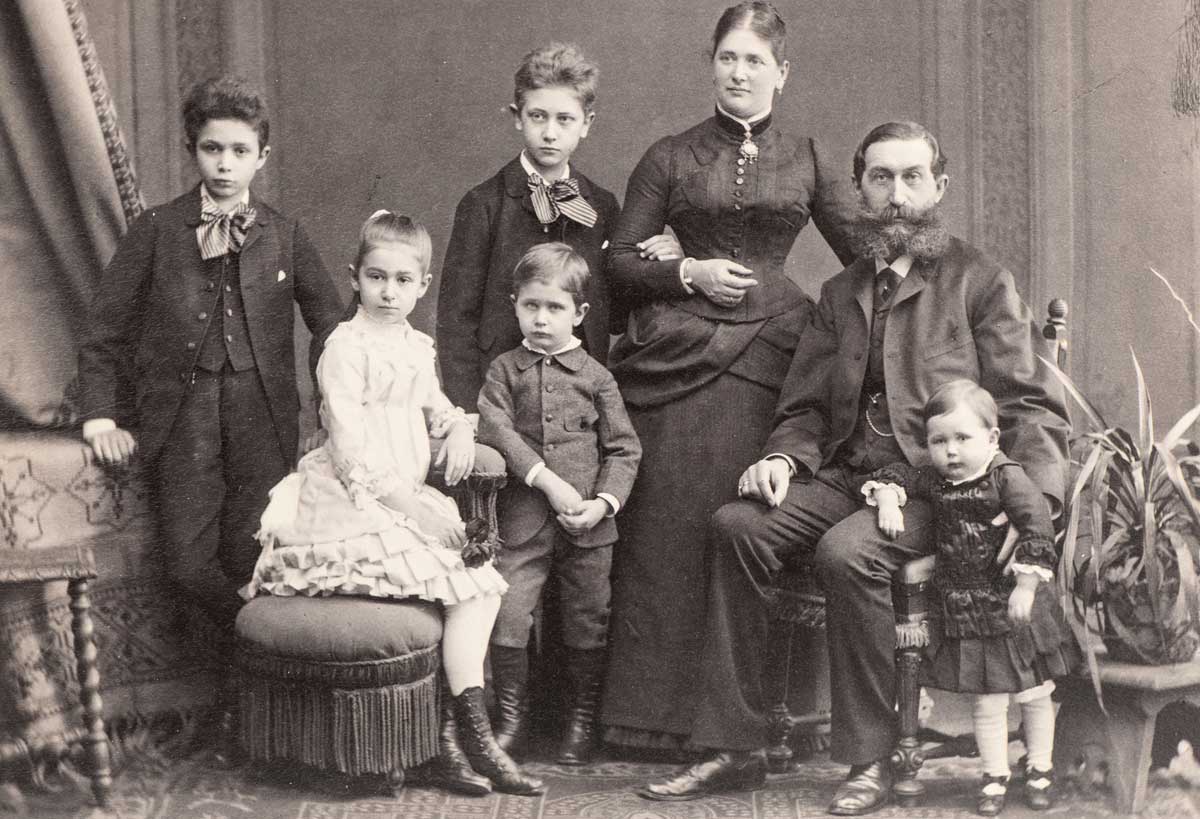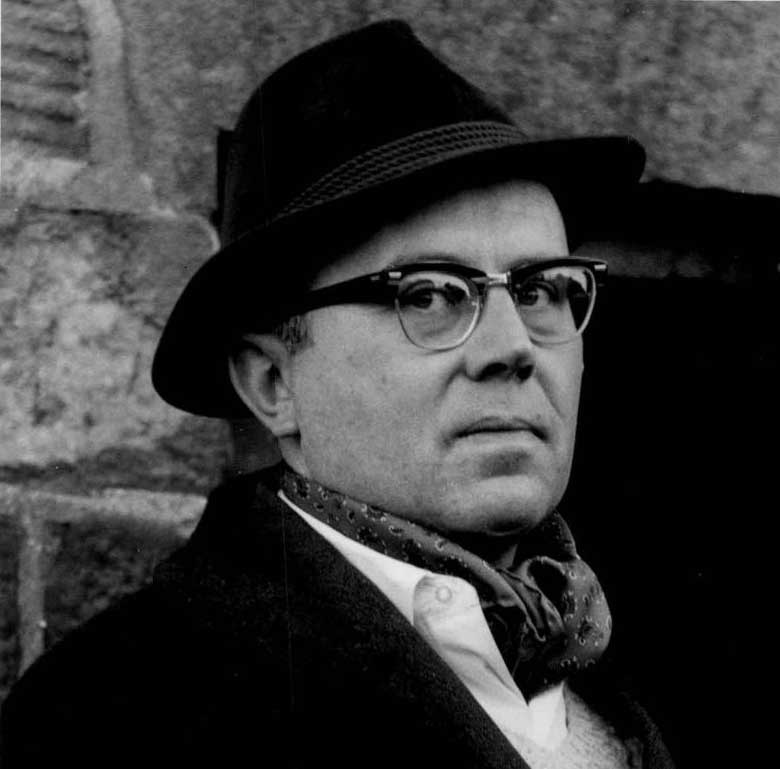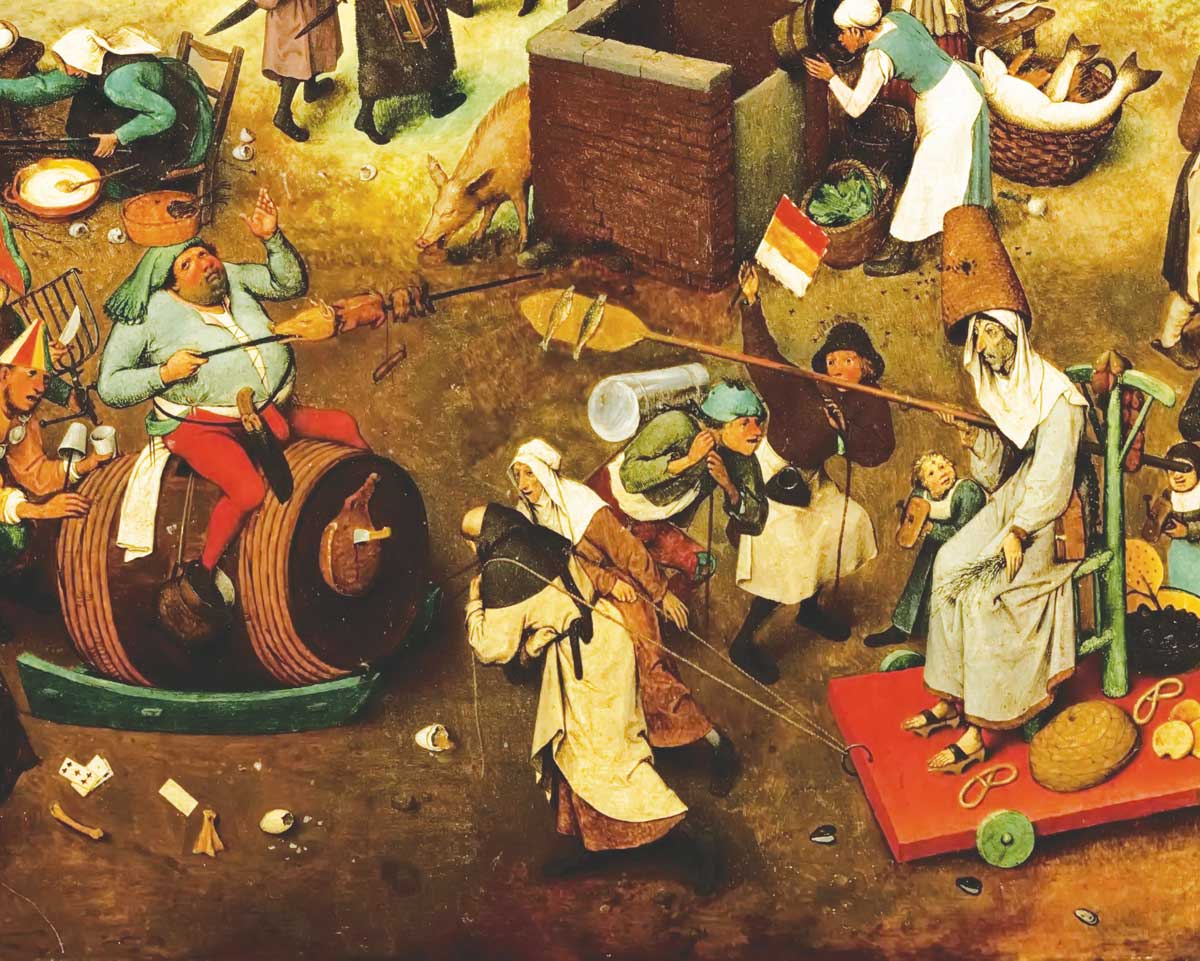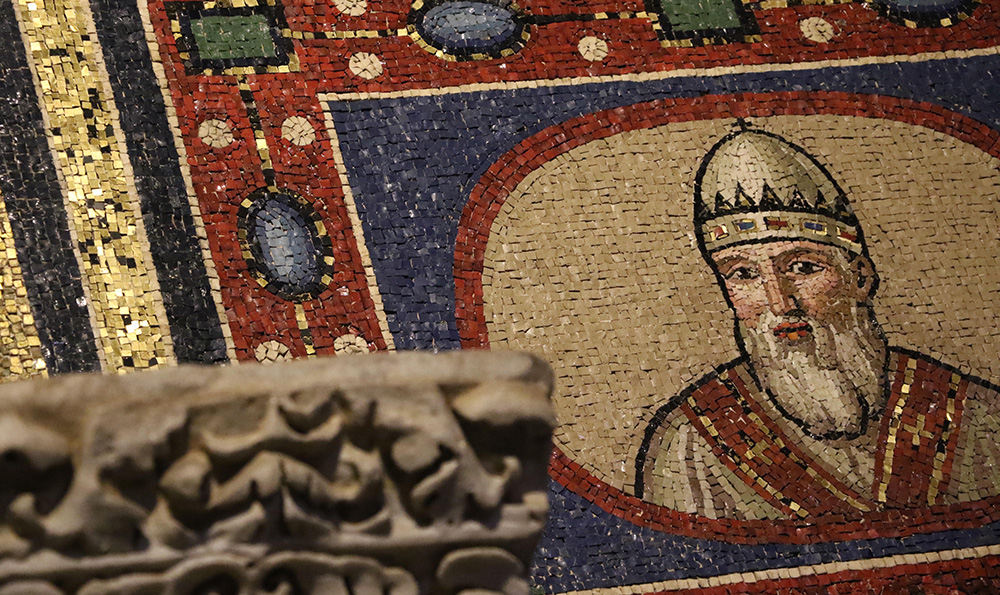Positively Pagan
Life in the Negative World: Confronting Challenges in an Anti-Christian Culture by Aaron Renn
Pagan America: The Decline of Christianity and the Dark Age to Come by John Daniel Davidson
Two new books appeared recently that got me thinking so much about their implications that I asked both authors to speak at our 2024 Touchstone conference.
The first is Aaron Renn’s Life in the Negative World, which is a follow-up to a 2022 article he wrote for First Things, “The Three Worlds of Evangelicalism.” Both Renn’s article and his book have received considerable attention, and his book has the potential to frame how Christians and non-Christians think and talk about American Christianity in the coming years.
The most enduring Christian works of the last century, such as Chesterton’s Orthodoxy and The Everlasting Man, C. S. Lewis’s The Abolition of Man, and Richard Weaver’s Ideas Have Consequences, have all begun and ended on the note struck in Weaver’s first sentence: “This is another book about the dissolution of the West.” Weaver published those words in 1948, a year that many of us today would associate with the zenith of American culture. Lewis and Weaver were describing where cultural dissolution was heading; Renn announces that we’ve arrived, through three phases.
The trajectory Renn describes applies to the United States over the past sixty years, a period he segments as follows:
• Positive World (1964–1994), when society had a relatively positive view of Christianity.
• Neutral World (1994–2014), during which roughly the same number of people saw Christianity as a negative thing as saw it in a positive light.
• Negative World (2014–present), when Christianity has, for the first time in our country’s history, mostly been seen as bad, immoral, and imposing a threat to the nation and the world in general.
Evangelical Remedies
What sets those earlier eras apart from today is that in past times, no one, not even most non-believers, viewed or could imagine Christianity as a morally bad thing. The question was almost beyond comprehension.
But later, in the still-positive-world 1980s, conservative Evangelicals saw a strong cultural decline amid a still-Christian-majority culture and got behind Jerry Falwell Sr.’s Moral Majority. The Moral Majority and Pat Robertson’s Christian Coalition were primarily political movements bent on saving the nation, with confidence that the numbers were there to pull it off.
Evangelicals (along with many Catholics and mainline Protestants) attempted to regain lost cultural ground in what was still a positive world for Christians by embracing the culture wherever they could via “contemporary” worship services and the ordination of women and, later, same-sex-attracted individuals. Others in the positive world attempted to evangelize urban centers through the Seeker movement, aimed at unchurched youth, such as the once massive Willow Creek and Saddleback Churches in the suburbs of Chicago and Los Angeles. These churches downplayed denominational differences, signaled an openness to pro-abortion points of view, and adopted informal liturgical practices.
A new evangelical strategy that emerged during the neutral-world era was the cultural engagement movement, which appealed to younger, more liberal, usually single churchgoers by distancing itself from political positions that were not popular with that demographic, namely, traditional marriage and opposition to abortion. The cultural engagement movement came out of the urban renewals of New York and Washington and were “frequently more intellectually and artistically engaged than the other evangelical groups, in line with their more educated demographics.” Tim Keller’s Redeemer Church in New York, Hillsong Church, and the Veritas Forum were all part of this movement.
A Horrible Loss
The failure of the cultural warriors and engagers was not that they opposed an increasingly transgressive culture but that they staked everything on transforming that culture. Renn writes, “The current skirmish line in the culture war seems to be whether transgendered male-to-female athletes should be allowed to compete in girls’ sports. If that’s where the fight is presently, one could arguably conclude that the culture war has already been lost.” I don’t see how one could arguably conclude that it hasn’t been.
The accuracy of Renn’s reading of how the American church is viewed by Americans generally has already been demonstrated by an onslaught of unpleasantries for Christians over the last decade or so. Nearly every cultural commentator today, from political writers to radio talk-show hosts, begins each article or segment by cataloguing what Rod Dreher refers to as “the litany of horribles,” a listing of the worst atrocities of the last six months (or sometimes the last week). Most contemporary writers want to make clear to their readers how bad things really are, but few know what to do about it.
Today, Christianity as a negative is presumed, most especially when it comes to modern tolerance for any and all sexual acts and identities. “Today’s negative world,” Renn writes, “allows people to be accepted while identifying as Christian if they bring their doctrine into alignment with the world’s standards”(emphasis his).So,
we can’t assume that simply teaching people the Bible or Christian theology is the answer to this problem. Explicit counter-catechesis [which will push us even further into the negative world] is also needed to equip people to navigate the negative world. It’s not enough to teach them what to believe; we must also teach them what not to believe.
This is a complete shift from the prior strategies, which aimed for a near-term transformation of the culture. Renn argues that we must now refocus our efforts away from transforming the culture and toward transforming ourselves from the many ways we’ve been corrupted by our secular culture, as, for instance, in the use of pornography and other aspects of our sexual economy.
Too Narrow?
Unfortunately, Renn, an Evangelical, addresses his book almost exclusively to Evangelical Christians, as if the problem were less pronounced for Christians of other denominations. Our anti-Christian culture does not distinguish among denominations. Since all mere Christians have come under attack in recent years, there is every reason for us to look upon each other as kindred spirits rather than as split along denominational lines.
In his concluding “What can we do?” chapters, Renn advises Evangelicals not to donate to political think tanks that have no Evangelicals sitting on their boards. But why must the board members be Evangelical? Would Evangelicals be less well-represented by a Roman Catholic like Robert P. George on the board, or an Eastern Orthodox Christian like Jonathan Pageau? Also, doesn’t his focus on political solutions fall into the same trap that doomed the Moral Majority and the Christian Coalition? Don’t all political solutions rely on the utopian belief that politics can set the world right?
Finally, I disagree with Renn’s assessment that the negative world is a bad thing for Christians. Readers of this journal have spent much of their lives in the positive world, when churches went to never-ending lengths to demonstrate that they were keeping pace with, and were not about to separate themselves from, the world, an effort that resulted in “contemporary” worship services, a tacit approval of abortion, and the redefinition of marriage, to name but three examples. Meanwhile, the churches most apt to push back against the culture have thrived, or at least held their own against the storm.
Liberal Boundaries
As I was writing this review, I encountered a New York Times column by Ross Douthat, “Can Conservative and Liberal Catholics Co-Exist?”Douthat argues that despite the growing distaste among young Catholics, especially young priests, for Pope Francis’s theological and cultural liberalism, Catholics are now so entwined with American secular liberalism both institutionally (e.g., Catholic hospitals and universities) and personally (e.g., friends and family), that whatever kind of “conservative vibrancy” lies ahead post-Francis, it will remain confined within the boundaries already set by these liberalized institutions. And the number of tradition-bound Catholics willing to stray outside those boundaries, says Douthat, will be so small in number as to render themselves irrelevant politically.
In Pagan America, John Daniel Davidson does not deny Douthat’s analysis, but only the implication that it would be better for traditional Christians to learn to live within those secular liberal boundaries than to wither at the margins.
In his introduction, Davidson quotes the Venerable Fulton Sheen from a 1974 interview in which he announced, “we are at the end of Christendom” even though “we do not see the decline.” “The purpose of this book,” Davidson writes, “is to help the reader see the decline, understand what it portends, and prepare accordingly.”
A good portion of Davidson’s book is devoted to the litany of horribles, as he recounts the growing injustices perpetrated against Christians in recent years. But unlike others who recite the litany, Davidson is not merely trying to convince readers that things are bad. There is an underlying logic at work in each of these stories that Christians need to understand if they are going to navigate the years ahead successfully, with their faith intact.
Take, for instance, the case of Mark Houck, who shoved abortion activist James Love to the ground after Love accosted him and his son near a Philadelphia abortion clinic at which they were protesting. Love made two attempts to bring Houck up on charges for having shoved him, but both cases were thrown out in court (at multiple hearings, Love even failed to appear).
That should have been the end to a rather ho-hum story, but a year later, the Biden administration’s Justice Department under Merrick Garland had Houck arrested on the grounds that he had violated a federal statute that bans abortion protestors from blocking the access of employees and clients to any abortion clinic. Never mind, as Davidson points out, that James Love was not an employee of the clinic, and that no employees or clients were obstructed entering the clinic, that the shove occurred a block away, and that local police declined to bring charges against Houck at the time.
And never mind that a unanimous jury took less than an hour to find Houck not guilty of all charges.
Faith or Calculus?
Commentator David French has made a career for himself in recent years by looking at such outcomes and ridiculing Christian conservatives for making much ado about nothing. Yes, lawfare is being used to drag Christians into court, but they win most of their cases eventually, and so, French contends, they have every reason to celebrate.
It is difficult to believe that anyone at the Justice Department ever thought he would prevail against Houck in court, but that was never the point. The whole point, Davidson argues, was the arrest.
The Justice Department ignored every assurance from Houck’s lawyers that he would appear in court voluntarily, even after Houck’s lawyers wrote to the department saying they would accept the summons on Houck’s behalf. Instead, the department ordered a team of FBI agents to surround Houck’s house with assault vehicles and had him arrested at gunpoint in front of his wife and children.
As Davidson writes, the terrifying message conveyed by the Justice Department was that if you choose to exercise your First Amendment rights against abortion, no matter how firm your legal standing in doing so, “you will be targeted by federal law enforcement. Your house will be raided. Guns will be pointed at you and your children. You will be hauled away in handcuffs (and, in Houck’s case, in his underwear).” Some victory, David French.
Davidson aptly demonstrates that we have entered a new Diocletian era when all the forces of society will be arrayed against Christians. So why should Christians risk everything they have for a political fight they can’t win? Simply put, because it is more costly to surrender to the world than to fight and lose everything. Davidson quotes Remi Brague: “Faith produces its effects only so long as it remains faith and not calculation.”
Davidson lays out the collapse of many Christians to calculation in recent years and notes just how few faithful Christians there are. Too often, Christians have looked at certain defeat and calculated that marriage redefinition, transgenderism, free speech (fill in your own blank) was not a hill worth dying on. But “Christians,” Davidson writes, “are called to defend the faith. And to do that, sometimes you have to fight” even in the face of almost certain loss.
This may all sound rather depressing, but Pagan America is not a depressing book. Davidson ends his introduction quoting the Venerable Fulton Sheen, who, despite averring “the end of Christendom,” also said:
[T]hese are great and wonderful days in which to be alive. . . . It is not a gloomy picture—it is a picture of the Church in the midst of increasing opposition from the world. And therefore live your lives in the full consciousness of this hour of testing, and rally close to the heart of Christ.
J. Douglas Johnson is the executive editor of Touchstone and the executive director of the Fellowship of St. James.
subscription options
Order
Print/Online Subscription

Get six issues (one year) of Touchstone PLUS full online access including pdf downloads for only $39.95. That's only $3.34 per month!
Order
Online Only
Subscription

Get a one-year full-access subscription to the Touchstone online archives for only $19.95. That's only $1.66 per month!
bulk subscriptions
Order Touchstone subscriptions in bulk and save $10 per sub! Each subscription includes 6 issues of Touchstone plus full online access to touchstonemag.com—including archives, videos, and pdf downloads of recent issues for only $29.95 each! Great for churches or study groups.
Transactions will be processed on a secure server.
more on America from the online archives
more from the online archives
calling all readers
Please Donate
"There are magazines worth reading but few worth saving . . . Touchstone is just such a magazine."
—Alice von Hildebrand
"Here we do not concede one square millimeter of territory to falsehood, folly, contemporary sentimentality, or fashion. We speak the truth, and let God be our judge. . . . Touchstone is the one committedly Christian conservative journal."
—Anthony Esolen, Touchstone senior editor





